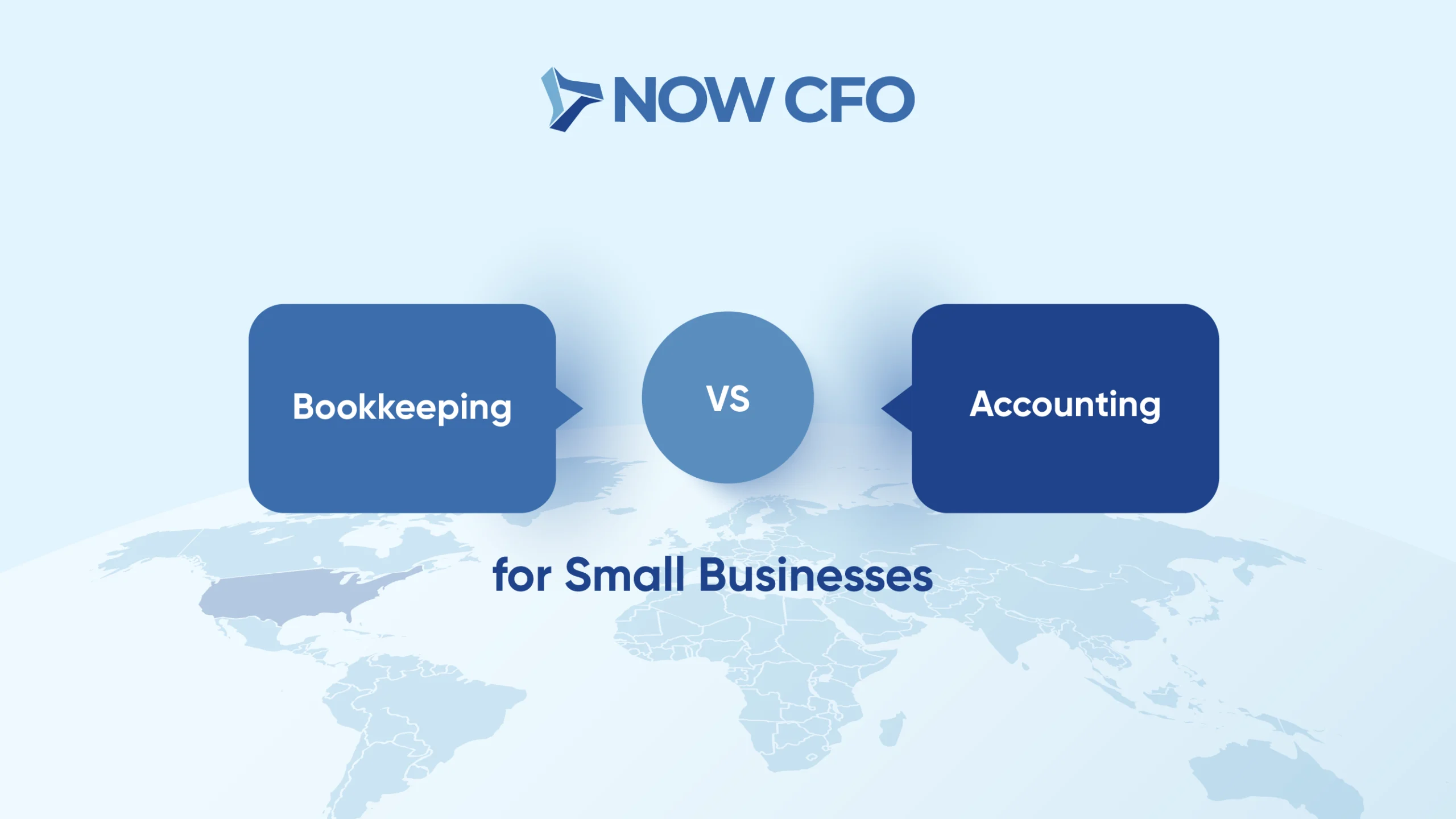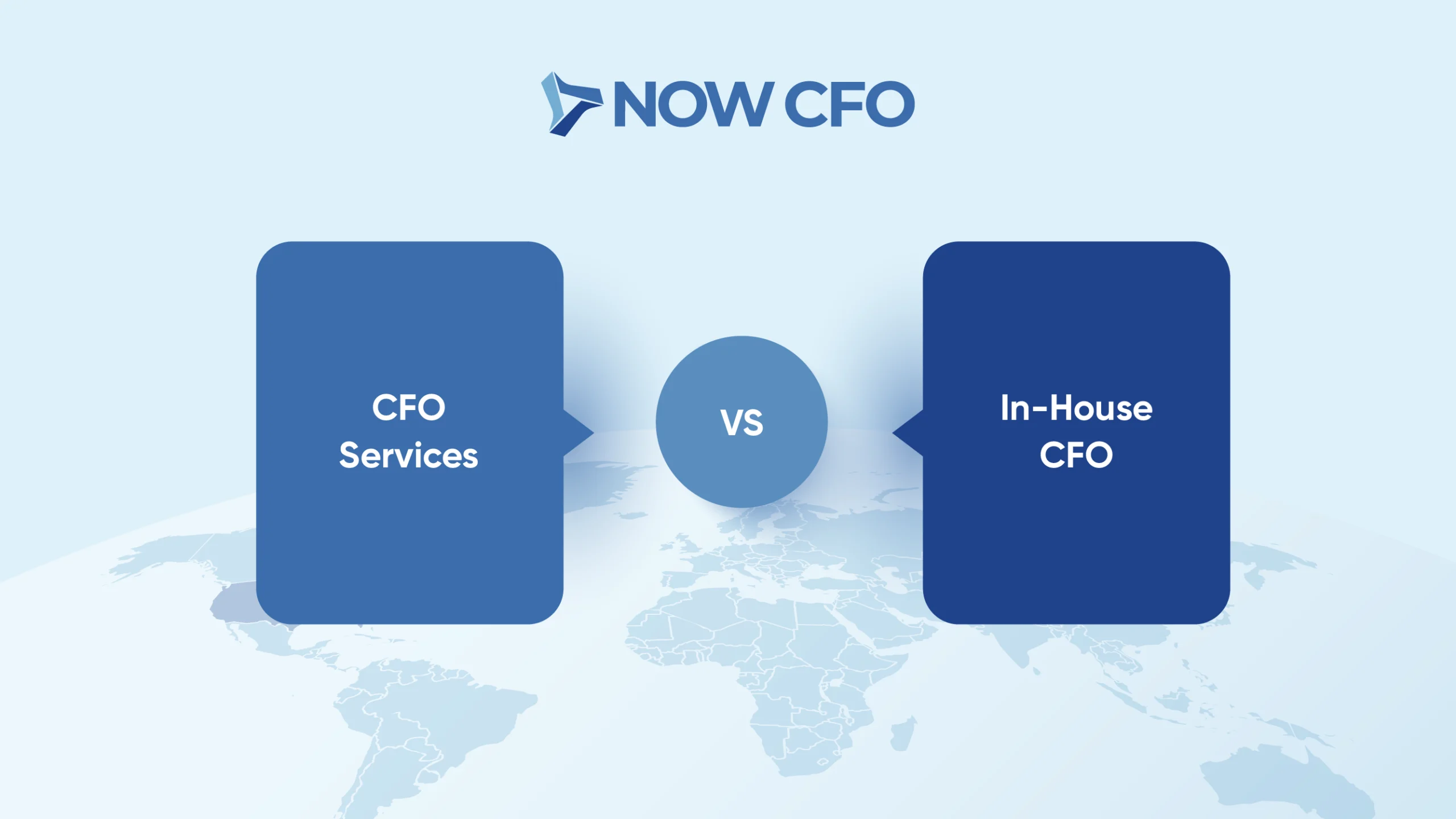
The role of your staff accountant is important in your business. These professionals form the backbone of an organization’s financial operations, ensuring accuracy, compliance, and strategic financial planning. A well-qualified staff accountant can significantly influence your business’s financial health and sustainability as a record keeper and a key decision-maker in financial matters.
Staff Accountant Essential Qualifications
Choosing the right staff accountant for your organization involves careful consideration of their educational background and certifications:
- Bachelor’s Degree in Accounting: This essential qualification equips an accountant with the fundamental accounting principles and practices to effectively handle your organization’s financial responsibilities.
- Certifications such as CPA: A Certified Public Accountant (CPA) license is highly respected. Maintaining the license requires a rigorous exam and fulfilling continuing education requirements. This certification is crucial as it indicates a high level of expertise and a commitment to ethical standards.
- Ongoing Education: The accounting landscape continually evolves with new laws, technologies, and methodologies. Ongoing education is vital for a staff accountant to stay current and effective, ensuring they can handle complex financial scenarios and regulatory changes.
- Advanced Degrees or Certifications (CMA, MBA): Pursuing an advanced degree or obtaining certifications like a Certified Management Accountant (CMA) can greatly enhance an accountant’s knowledge and strategic thinking abilities. These qualifications enable them to contribute more significantly to financial analysis, decision-making, and strategic planning at a higher level within your organization.
Core Staff Accounting Skills
Your staff accountant should possess a comprehensive skill set that ensures accuracy and compliance with financial laws and practices. Key skills include:
- Proficiency in Accounting Principles and Practices: Mastery of Generally Accepted Accounting Principles (GAAP), knowledge of tax laws, and expertise in financial reporting are essential. These skills ensure that all financial activities are conducted according to legal and professional standards, which is crucial for maintaining the integrity of your financial statements.
- Management of Financial Transactions: This involves handling accounts payable and receivable, managing the general ledger, overseeing payroll operations, and ensuring accurate tax documentation. Your staff accountant should streamline these processes to enhance financial efficiency and accuracy.
- Attention to Detail and Accuracy: In financial reporting, precision is paramount. Your staff accountant must be meticulous to ensure that every financial statement and report is error-free. This accuracy builds trust and reliability in your financial data, which is crucial for decision-making at all levels of the organization.
Technological Proficiency
Technological proficiency is crucial for modern accounting roles, and your staff accountant should be adept with various digital tools. Here are the key technological competencies they should possess:
- Accounting Software: Proficiency in QuickBooks, Microsoft Dynamics, or SAP software is essential. These systems help manage financial transactions, generate reports, and ensure compliance with financial regulations.
- Excel and Data Analysis Tools: Mastery of Excel is critical for handling complex datasets, performing financial analysis, and creating detailed reports. Knowledge of other data analysis tools can also enhance their ability to interpret financial data effectively.
- Automation and Data Analytics: Understanding the role of automation and data analytics in accounting can significantly increase efficiency and accuracy. Your staff accountant should be familiar with how these technologies can be applied to streamline operations and provide deeper insights into financial trends.
Critical Thinking and Problem-Solving
Critical thinking and problem-solving skills are skills your staff accountant should possess. These skills ensure they can effectively navigate complex financial landscapes:
- Analyzing Financial Data: Your staff accountant should excel at dissecting financial data to unearth underlying patterns and anomalies. This skill is crucial for identifying discrepancies and potential issues and spotting cost savings and investment opportunities. They should be capable of transforming raw data into actionable insights that can influence decision-making and strategic planning.
- Solving Common Financial Problems: From reconciling budget discrepancies to optimizing cash flow and managing financial risks, your staff accountant must be adept at solving routine and unforeseen financial problems. These challenges require a proactive approach and creative thinking to ensure the financial operations remain smooth and efficient, ultimately supporting the business’s overall stability.
- Strategic Financial Decision-Making: Strategic thinking is vital beyond day-to-day problem-solving. It allows your staff accountant to contribute to broader business strategies, ensuring that financial plans align with long-term business goals. They should be involved in formulating financial policies and plans that support the company’s growth initiatives, ensuring that every financial decision is made with a clear understanding of its impact on the future.
Communication and Interpersonal Skills
Effective communication and robust interpersonal skills are indispensable attributes for your staff accountant. These skills ensure smooth interactions and clearer financial understanding across all levels of the organization:
- Articulating Financial Data: Your staff accountant must be adept at conveying complex financial data clearly and concisely. This involves preparing detailed reports and translating these figures into layperson’s terms during presentations or meetings. Their ability to demystify financial jargon helps stakeholders from various departments make well-informed decisions that align with the organization’s goals.
- Collaboration and Teamwork: The role of your staff accountant often intersects with various parts of the organization, from budgeting teams to external auditors. Their ability to effectively collaborate and integrate their expertise with other team members is crucial for the timely and successful completion of projects. This teamwork fosters a more cohesive work environment, providing more accurate and holistic financial outcomes.
- Interacting with Stakeholders: Regular interactions with diverse stakeholders are key to a staff accountant’s duties. They must maintain clarity, confidence, and professionalism, explaining budget variances to management, advising on the financial implications of strategic decisions, or negotiating with suppliers. Effective communication in these interactions helps build trust and ensure transparency, which is critical for maintaining long-term relationships and upholding the company’s reputation.
Ethics and Integrity
Ethical standards are non-negotiable in accounting. Your staff accountant plays a critical role in maintaining these standards, which include:
- Upholding Integrity and Professionalism: Your staff accountant must conduct all financial activities honestly and honestly. This means adhering strictly to accounting laws and regulations to avoid legal issues.
- Promoting Transparency: Transparency in financial reporting is crucial. It ensures compliance with financial regulations and builds trust among stakeholders. Your staff accountant should ensure that all financial information is accurate and readily accessible to authorized parties.
- Consequences of Ethical Breaches: Ethical breaches can lead to severe consequences for your business, including legal penalties, loss of reputation, and financial harm. It is imperative that your staff accountant understands the implications of unethical behavior and works diligently to avoid such pitfalls.
Your staff accountant’s contributions are vital to your organization’s operational success and financial stability. By ensuring they possess the right qualifications, skills, and ethical standards, you secure a functional employee and a strategic partner in your business’s growth. Your staff accountant is more than a number cruncher; they are a pivotal part of your team’s success and your company’s future.
Need help finding a staff accountant for your business? Contact a NOW CFO specialist for more information.
Learn More: The Role of a Controller in Your Business














